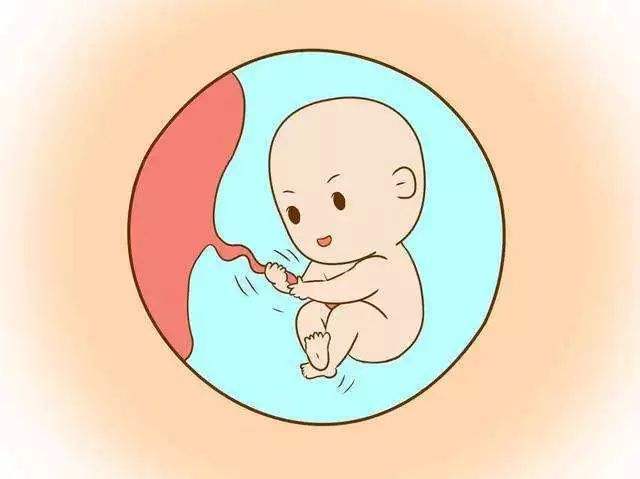Follicle-Stimulating Hormone (FSH): It is a glycoprotein hormone secreted by the anterior pituitary basophil cells, and its main function is to promote the development and maturation of follicles in the ovaries.
The concentration of blood FSH is 1.5-10 U/L in the preovulatory phase, 8-20 U/L during ovulation, and 2-10 U/L in the post-ovulatory phase. Low FSH levels are seen in estrogen therapy, progesterone therapy, secondary gonadal insufficiency, Sheehan syndrome, and late anterior pituitary dysfunction, among others.
High FSH levels are associated with premature ovarian failure, ovarian insensitivity syndrome, primary amenorrhea, and others.
Luteinizing Hormone (LH): LH is also a glycoprotein hormone secreted by the anterior pituitary basophil cells. Its primary function is to stimulate ovulation and the secretion of progesterone by the corpus luteum. High FSH levels combined with high LH levels indicate ovarian failure.
If FSH is high, can you still undergo in vitro fertilization (IVF)?
The ovarian age determines a woman’s fertility. In addition to chronological age, doctors typically assess a woman’s ovarian age by combining three indicators: FSH, AMH (anti-Mullerian hormone), and AFC (Antral Follicle Counts), which collectively represent fertility. These indicators reflect ovarian reserve levels (AMH), basal follicle count (AFC), and ovarian function (FSH).
These indicators are generally irreversible throughout a woman’s reproductive years and can be collectively used to predict the outcome of controlled ovarian hyperstimulation in IVF treatment. This explains why some individuals can retrieve twenty to thirty follicles at once while others may have fewer or even empty follicles.
What should be done if FSH levels are high?
1. Avoid standardized ovarian hyperstimulation: In IVF treatment, ovarian hyperstimulation drugs primarily consist of FSH. When the body already has elevated FSH levels, sensitivity to these hyperstimulation drugs is reduced, and these large doses of medication may increase the burden on the ovaries, resulting in unsatisfactory egg retrieval outcomes. Therefore, individual adjustments may be required based on specific circumstances.
2. Physique adjustment to delay ovarian decline: Among the factors affecting ovarian function and female fertility, reproductive age and genetic factors are uncontrollable. However, Harvard health research has shown that through dietary adjustments and lifestyle changes that one can control, it is possible to improve physique and delay the rate of ovarian decline.
Regardless of ovarian reserves or fertility levels, having good quality eggs is essential for becoming a mother! Patients with challenging situations particularly need to persistently work towards improving their health and physical condition to increase the chances of successful pregnancy.


